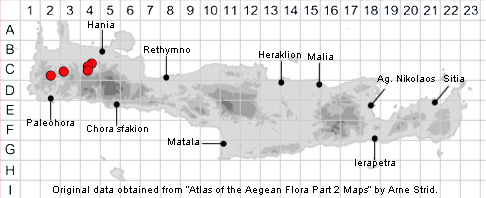SPECIES DESCRIPTION
PRUNELLA VULGARIS
Family and Genus:- See- LABIATAE
Common Names:- Selfheal
Homotypic Synonyms:- Prunella vulgaris subsp. parviflora.
Meaning:- Prunella. From the German name, Die Braune, for quincy, for which it
was once used as a cure.
Vulgaris (L) Common, vulgar
General description:- Perennial herb, very variable in habit.
Stems:-
1) Up to 50 cm. usually ascending to erect, sparsely pubescent.
Leaves:-
1) 4-5(-9) x 2(-4) cm, ovate to rhombic-ovate, entire or crenulate, cuneate.
2) Petiole, 0·5-4 cm.
Flowers:-
1) Inflorescence a dense, ovoid or shortly cylindrical spike subtended by 2 floral
leaves.
2) Bracts, 5-15 x 7-13 mm. broad, imbricate, ciliate, usually purplish.
3) Calyx, 8-9 mm. teeth, mucronate;
a) upper lip, middle tooth, wider than the lateral teeth.
b) lower lip, 1·5-2 mm, lanceolate, shortly ciliate.
4) Corolla, (10-)13-15 mm, deep violet-blue, rarely white.
Fruit:-
1) Nutlets, 4, c. 1.8 mm. 1-seeded.
Key features:-
1) Corolla, violet, rarely white.
2) Leaves, ovate to rhombic-ovate, entire or crenulate, petiolate.
3) Calyx, middle tooth of the upper lip wider than the lateral teeth, teeth of the lower
lip lanceolate.
Habitat:- Meadows, open woodland, ruderal habitats. (0-)300-1300 m.
Distribution:- A widespread Euro-Siberian species, almost a cosmopolitan weed in
temperate areas. Rare on Crete currently known from a few locations in the west.
Flowering time:- (Apr-)May to early Aug.
Photos by:- Fotis Samaritakis
